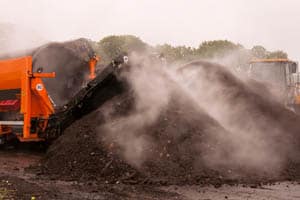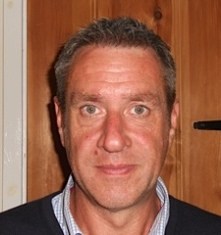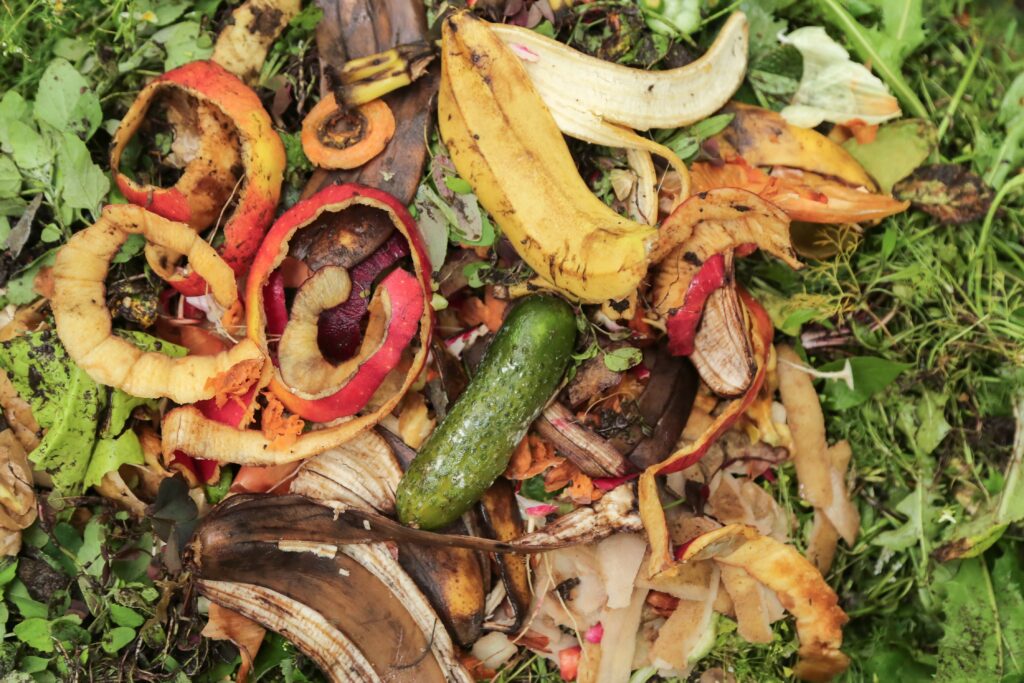The development of pan-European end of waste criteria for biodegradable waste is proving to be harder than expected, according to the head of Defras anaerobic digestion team.
Speaking at the REAs Organics Recycling Groups annual conference yesterday (March 21), entitled Organics recycling: a new dawn, Richard Parsons gave an update on the end of waste criteria for biodegradable waste which is being developed by the European Commission. The criteria would determine when a product like compost or digestate is of a high enough quality to no longer be considered waste.

Mr Parsons told attendees at the event in Oxfordshire that the Commission was finding the development of the criteria problematic and said he was unsure whether it would come into force. The comments came in response to a question from the REAs technical director Jeremy Jacobs, who asked what the odds of the criteria being agreed were.
Responding to the question, Mr Parsons said: The Commission is finding this harder than expected and they also have resource issues and priorities they will address. How much more effort they will put into it if it is still problematic could be called into question.
Criteria
Further changes have been made to the criteria and the timetable for its publication has also been pushed back further, Mr Parsons explained.
It was previously expected that the criteria, if approved, would come into force in late 2013 (see letsrecycle.com story). However, Mr Parson said following a meeting with the Joint Research Committee at the end of February, a fourth working document is to be drafted in the summer. This means, draft legislation would not be published until 2014.
Other changes include the exclusion of compost-like outputs from mechanical biological treatment (MBT) facilities and sewage sludge. These materials had been included in the third working document for the criteria which was published in August 2012. However, Mr Parsons said in his presentation that they had since been removed.
The JRC [Joint Research Committee] has reverted back to the idea of source separated inputs meaning MBT output and sewage sludges are outside the scope but there is potential for member states to develop their own national standards which could sit alongside the EU end of waste criteria.
Quality
The UK is in a unique position having already developed its own end of waste criteria the Quality Protocols which are backed up by standards PAS 100 for compost and PAS 110 for digestate. The pan-European criteria would supersede anything the UK has previously done.
Mr Parsons said in his presentation that end of waste criteria are a good thing and help to boost market confidence in products such as compost and digestate.

And, he said that if European criteria does come into force then it needs to be workable and appropriate and doesnt undermine the significant investment that we have had to do in developing our own UK markets.”
Regulation
Odour and the enforcement of regulation were also key themes covered at the conference, which heard from the Agencys head of illegal and waste, Mat Crocker.
Mr Crocker said the Environment Agency was working hard to ensure its team of officers were better educated in the operations of organics recycling sites to help ensure they are regulated proportionately.
Discussing the two main regulatory challenges facing the industry, he said: We have got some real challenges that are there. Odour, that is a problem and a challenge we are facing Bioaerosols is another one of those things that people are worrying about.
Mr Crocker concluded: So, proportionate regulation, can we do it? I believe we can There are areas we need to work on and I think by working together we can be more proportionate but I need your help to challenge us and say if we are being disproportionate so we can be better as after all we both have underlying interests.
Debate
The burden of regulation was also featured in the big debate session which took place later in the day. During the session, panellists Mr Crocker, Alexander Maddan, chief executive of Agrivert and Esther Kiddle, director of legal firm Thomlinson Kiddle Associates answered questions put forward by Bill Griffiths, national recycling manager at Viridor.
One question posed by Mr Griffiths was: Would it be true to say that the Environment Agency is looking to ultimately enclose all operations in the future?
In response, Mr Crocker said: No. Not for new or existing sites but we do have a duty to protect the amenity and the environment.
Mr Maddan added that there were pros and cons to both enclosed and open-air operations and that it should be down to operators to decide what is best. He said: I dont think we should ever go down the route where industry can not take its own decision on what operations we use.
The event was organised by letsrecycle.com in association with TEG.






Subscribe for free